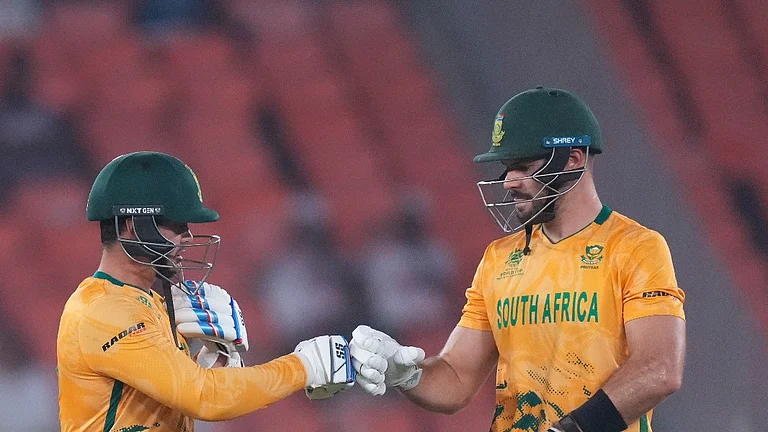Another Nirbhaya has fallen in the killing fields of misogyny, patriarchy and sexual depravation. There have been five rapes in the last three days in Haryana and four of these victims were minors. But we call one of them Nirbhaya, not because she was fearless, she would have been as fearless or fearful as any other 15-year-old, but this child too was gang-raped, mutilated and murdered. The sheer violence on her body and soul threw up memories of that gruesome night on the Delhi roads in 2012 when Jyoti Singh was gang-raped and an iron rod thrust into her intestines. The Haryana girl’s friend too was killed.
All this while many state governments and even the Supreme Court were trying to decide whether to ban a movie on Rani Padmini, a fictional character created by medieval poet Malik Muhammed Jayasi. What make the gang-rape and murder of our Nirbhayas less honourable than the jauhar of Rani Padmini? This question ought to be asked of all the brave men of Haryana and Rajasthan. If women or girl children are playthings for goons with big moustaches, turbans and bigger claims over others’ lives, then why cry for Padmini? Or is it that these children or young women do not commit suicide before getting their wombs and entrails burst? Probably they would, as the fictional Rani did, if they get to know that modern-day Allauddin Khiljis are on their way to rape and kill them. But unfortunately they are simply not given the option of suicide when they are getting butchered. The Khilji of the poem is now almost Everyman, mostly from a dominant caste, privileged and at times with some political clout. For instance, what should Varnika Kundu have done when chased by the son of a political heavyweight? Think about jauhar or call up the police?
There cannot be a worse hypocrisy than the Padmavat controversy in an Indian, dominant caste milieu. The protesters here are merely reinforcing their right over the body of a woman, not celebrating her choice. Sure, there is obviously the question of the Muslim other. For, had it been the “honour” (whatever is meant by that term) of a woman, commoner or queen, the same society would never have violated this very “honour” of its own women, day and night. So, the turbaned, moustachioed lot were merely saying that the Muslim other does not have a right over the body of our women, you rape your women, we’ll rape ours. And every time they prey on a girl child or chase an upper-middle-class woman through the roads of a so-called safe city, they are exercising their entitlement.
This also brings us to another very important issue. A man or more aptly a beast attacking a woman is a matter of shame for the society, for him and his family. But even now perfectly empowered families desist from lodging complaints or speaking out against goons who find some perverse thrill in groping women. Every part of the body is equally private and there ought not to be any shame in speaking out against an attack. There were reports even from urbane Bangalore about women being groped, molested and slapped by bike-borne thugs. Unless every small misogynistic crime is reported and the perpetrators caught, there will always be Nirbhayas in our neighbourhoods, rural or urban. It is nauseating but pertinent to add that an iron rod thrust into the intestines has become a metaphor of threat and abuse for the worst of the rapists to establish their entitlement.






















